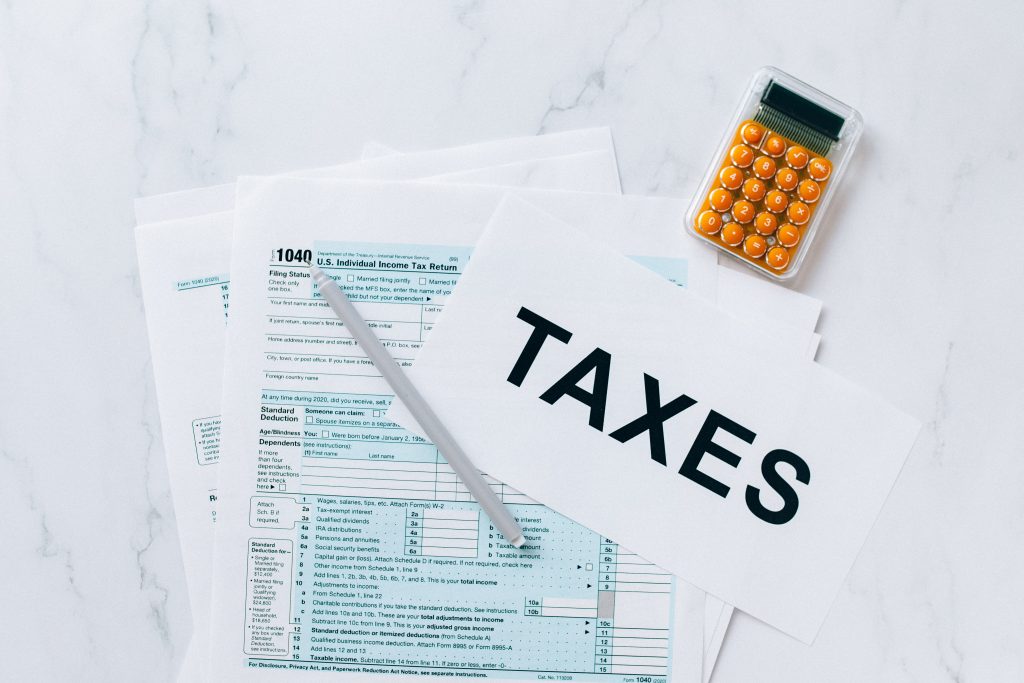If you are considering investing in real estate in Spain, today’s post is for you.
As an introduction, we advance you that Spain has a good taxation for those people who rent houses. In fact, in Spain, governments have always tried to make it easier for small investors to rent their homes without any problem.
That said, we will now look at the tax advantages of buying a property in Spain. To do so, we are going to approach these advantages from three different points of view:
- Possible deductions for buying a property
- Advantages when buying a home
- Tax advantages if you rent a house
1.First, let’s start with the deductions when buying a home
In the present point we talk about the self-assessment of IRPF on the habitual residence. This is a benefit only accessible to a few. This is because the regulation establishes that the deduction of investment in primary residence is not applicable when the acquisition, construction or the amounts paid for works of rehabilitation or extension of the primary residence, or for the realization of works and facilities for the adaptation of the primary residence of people with disabilities have been started from January 1, 2013.
In addition, in order to be able to apply the transitional deduction regime, taxpayers are required to have taken the deduction for such housing in 2012 or in previous years. This means that, at this time, only those who meet these requirements can apply this transitional regime. However, this must be taken into account and taxpayers who can obtain this benefit should not forget to apply it and include it in their personal income tax self-assessment.

2.Tax advantages when buying a property
When acquiring a property we have two options. Firstly, we can acquire a newly built property and, secondly, the property we acquire may be second-hand or transferred. Therefore, we are going to see both figures.
- New or first construction housing
When we acquire a first construction housing, in other words, a new housing, VAT and Documented Legal Acts must be paid. In addition, being a home purchase, the VAT to be applied will be 10%, which makes it a lower tax rate than the general rate of 21%. Consequently, we would already be saving taxes.
2. Second-hand housing
In this case, we must take into account that there are different tax rates for second-hand homes depending on each Autonomous Community.
- In the case of what is acquired is a second transmission, what is known as second hand house, we have to pay the Transfer Tax (ITP), which is paid in the Autonomous Community in which the property is located.
- It is necessary to be attentive because in most of the Autonomous Communities a series of benefits are applied when acquiring a house, as long as the destiny of this one is to be the habitual residence of the buyer. In addition, it is also conditioned to different taxes depending on the age.
- Therefore, when buying a property, we have to study well the regulations of the Autonomous Community in which we buy to know if we can apply lower tax rates and thus have greater tax advantages.
Here is a practical example in case you are interested in buying a property in Marbella. If you decide to buy a second hand property in Marbella, without a mortgage, for a price of 350.000€ these would be the approximate costs you would have to pay in total.
| Taxable income | 350.000€ |
| ITP (8% until 400.000€) | 350.000€ x 8%=28.000€ |
| Notary fees (between 600 and) 1.000€) | 800€ |
| Land registry (up to 2000€ depending on the price of the property) | 498,23 € |
| Management | 350€ |
| DAL (Documented Legal Acts) | 350.000€ x 1.5%= 5.250€ |
| Total Purchase | 384.898,23€ |
3. Tax benefits for rental housing
Finally, we discussed rental housing and the tax advantages it offers. Ventajas fiscales a nivel estatal
In order to be able to apply tax benefits at the state level, a series of requirements must be met, which are detailed below:
Until 31/12/2014 the taxpayer could deduct 10.05% of the amounts paid in the tax period for the rental of the habitual residence.
As from 01/01/2015, such deduction was abolished without prejudice that taxpayers who comply with the following may continue to apply it:
- Have entered into a lease agreement prior to 01/01/2015.
- In relation with such contract, they have paid, before that date, amounts for the rental of their habitual residence.
- Have been entitled to the deduction for the rental of the habitual residence in relation to the amounts paid for the rental of said residence in a tax period accrued prior to 01/01/2015.
Therefore, if these requirements are not fulfilled, the state reduction cannot be applied.
Autonomous Community deductions for housing

Lastly, we would have the autonomic deduction that depends on the regulations of each Autonomous Community, so that each one demands a series of requirements to be able to be applied. Therefore, it is necessary to review each case individually to know if it can be applied or not.
Independently of the above, there is another alternative to obtain fiscal advantages to a property as, for example, to rent it either temporarily or indefinitely. With this option you can obtain some extra income that, always will be necessary to declare in the self-assessment of IRPF.
The Tax Administration rewards permanent rentals with higher reductions, therefore, from a tax point of view, it is always more advantageous to rent a property as a permanent residence instead of a seasonal rental.
If you are thinking of investing in a property in an area with good tax advantages, contact us, we will find the perfect property for you.

